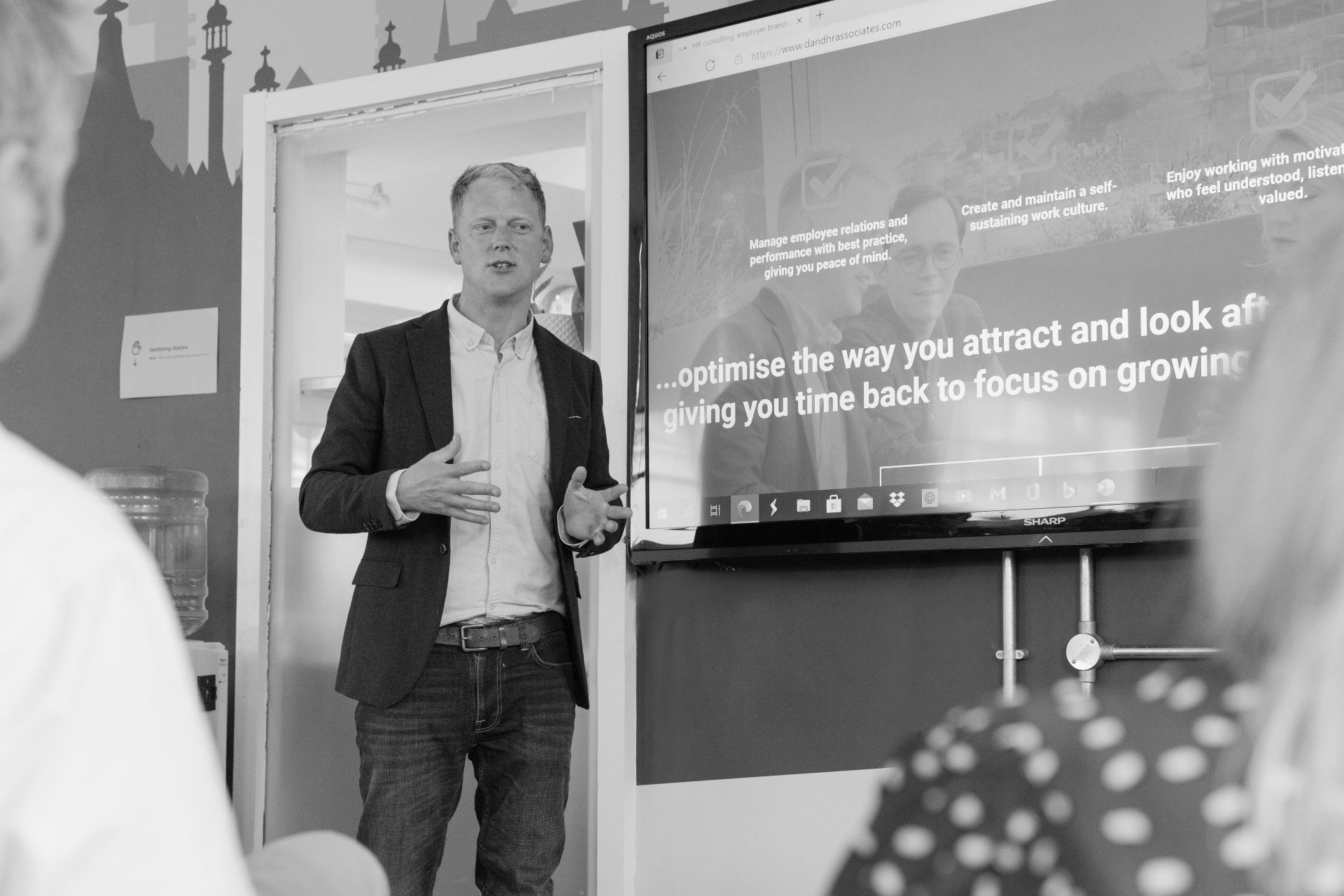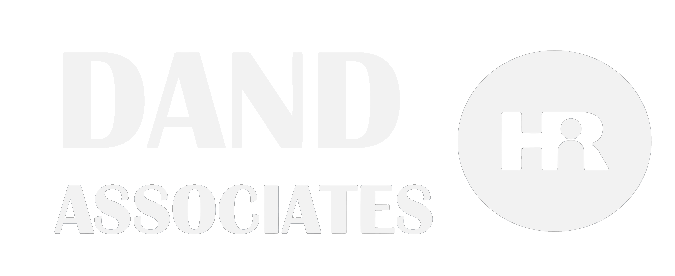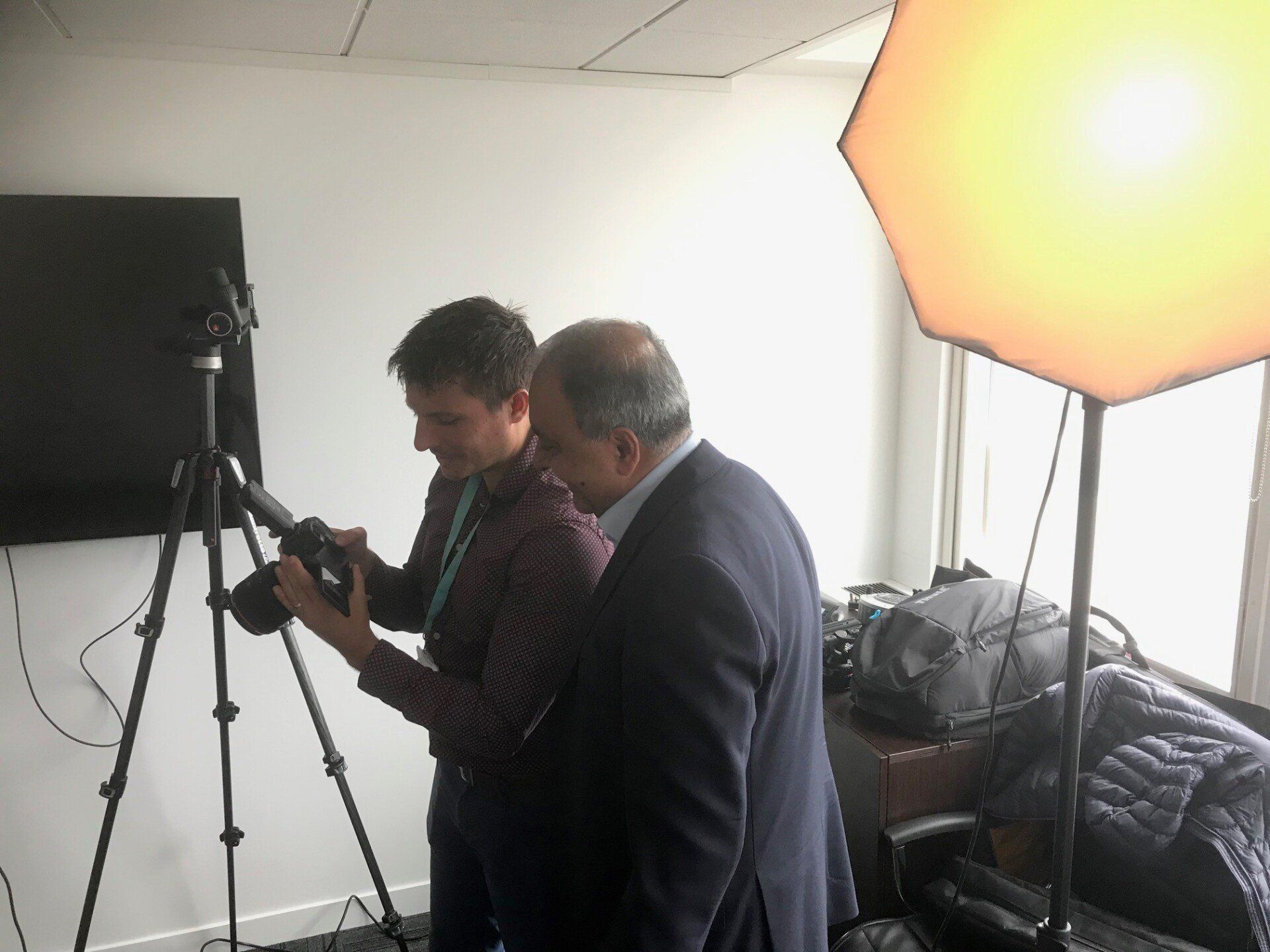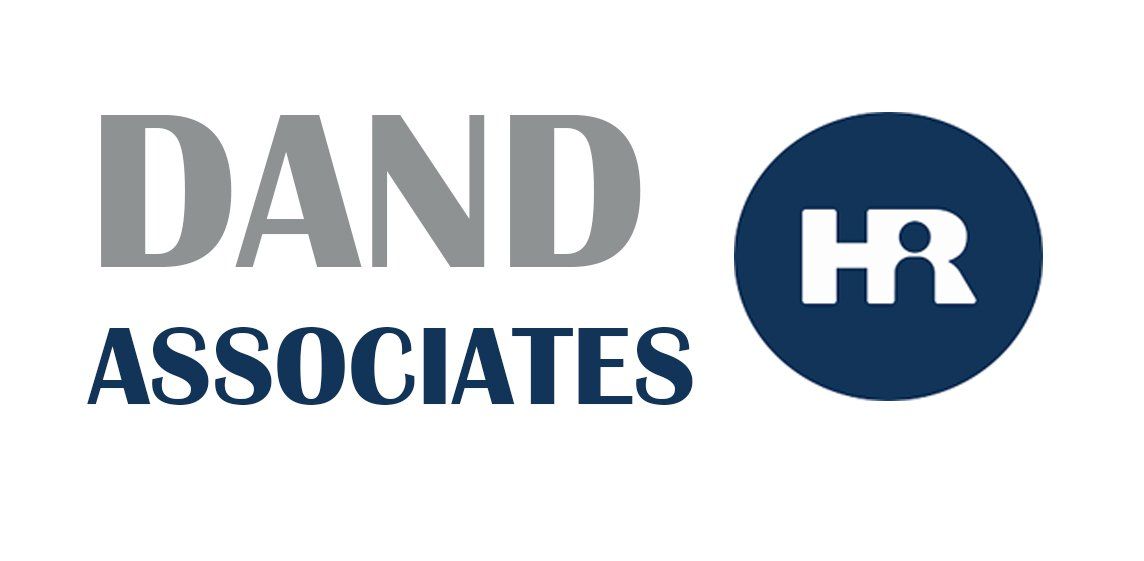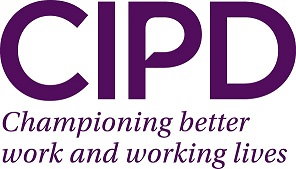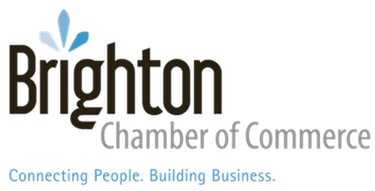Talent Attraction: The Business Case for Effective HR Practices
Investing in the recruitment process yields significant rewards.
Companies that prioritise their ability to hire exceptional talent consistently outperform their competitors.
According to The Boston Consulting Group, the best hiring organisations experience over three times the revenue growth compared to the poorest performers in any industry.

The Impact of Recruitment Quality
The quality of the recruitment process can significantly affect a company's bottom line. Key statistics include:
- 50% of candidates are unlikely to purchase from or recommend a company after a negative recruitment experience.
- 68% of job applicants abandon applications due to time and complexity.
- 60% of candidates report not hearing back after interviews.
- 42% of disgruntled candidates will not apply for positions at that company again.
- 22% will advise others against applying, and 9% will ask others to boycott that company.
- 40% of employers globally are struggling to fill positions (Manpower Group 2016 Talent Shortage Survey).
- 75% of organisations experienced recruitment difficulties in the last year, with 10% having trouble filling over 50% of roles (CIPD Resourcing and Talent Planning Survey 2017).
- Bad candidate experiences cost Virgin Media an estimated £4.4 million annually, leading them to prioritise candidate experience.
Challenges in Selection and Diversity
Challenges in recruitment often arise from the selection process rather than a lack of available talent. Consider these points:
- In the candidate-scarce IT market, 60% of hiring managers reported that evaluating skills is their top challenge (HackerRank 2018 Developer Skills).
- Diversity management supports profit, innovation, and competitive advantage:
- Racially and ethnically diverse teams are 35% more likely to achieve financial returns above their national industry medians.
- Companies in the top quartile for gender diversity are 15% more likely to do the same (McKinsey).
- 75% of women who lack confidence at work cite poor relationships and lack of support as contributing factors.
The Cost of Turnover and Absenteeism
The costs associated with employee turnover are substantial:
- The cost of employee turnover is estimated at 40-400% of an employee's annual salary.
- Only 15% of businesses report calculating the cost of labour turnover.
- Hard costs of turnover, including hiring and training, can reach 150% of the employee’s annual salary. Replacement costs can be 2.5 times the annual salary.
- Soft costs include lost time and reduced morale, leading to further turnover (jumpstart-hr.com/the-true-cost-of-employee-turnover).
- In contrast, great hires can motivate and inspire future talent, supporting growth and innovation.
- 1 in 4 people experience a mental health problem each year, and mental health is the number one cause of sickness absence.
- 9 out of 10 people with mental health problems report experiencing discrimination at work.
- Lonely workers think about quitting their jobs twice as often as non-lonely workers (Cigna).
Engagement, Retention, and Onboarding
Understanding what drives engagement and retention is essential:
- 90% of workers are more likely to stay at a company that acts on feedback (Achievers).
- Employees who are very satisfied with benefits are nearly 4 times more likely to be satisfied with their jobs (MetLife).
- 26% of employees feel being undervalued and underappreciated is the highest barrier to engagement.
- 54% of people are likely to leave their job due to a poor onboarding experience.
- Over 30% of new starters have had a poor onboarding experience, and 20% have left a role for this reason (Webonboarding Survey, 2017).
- 82% of employees say a lack of progression would influence their decision to leave their jobs (CareerAddict.com).
The Future of Flexible Working
The COVID pandemic has highlighted the importance of flexible working:
- Companies with flexible work arrangements saw 137% higher headcount growth (LinkedIn).
- However, over 50% of organisations lack formal processes for return-to-work and stay-at-work programs.
